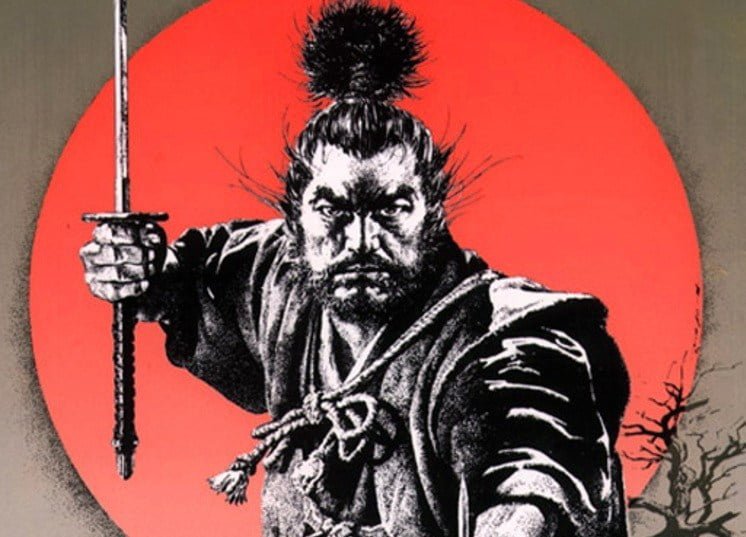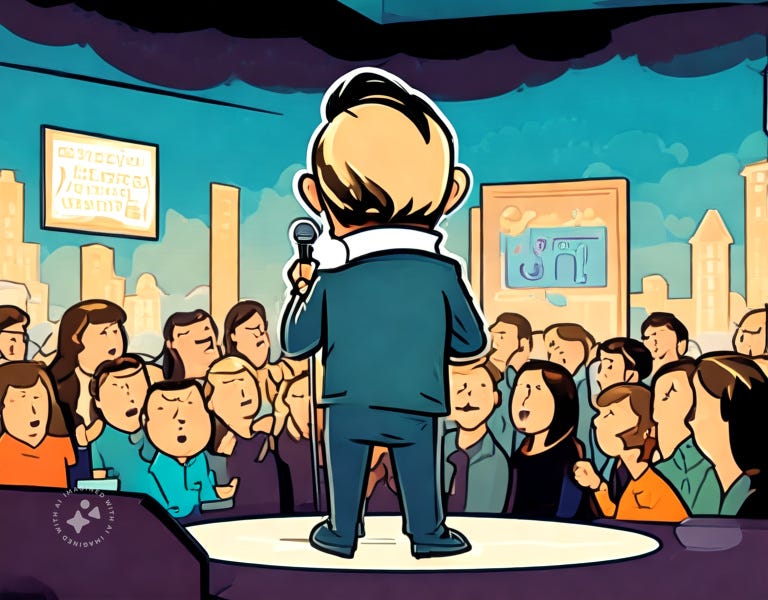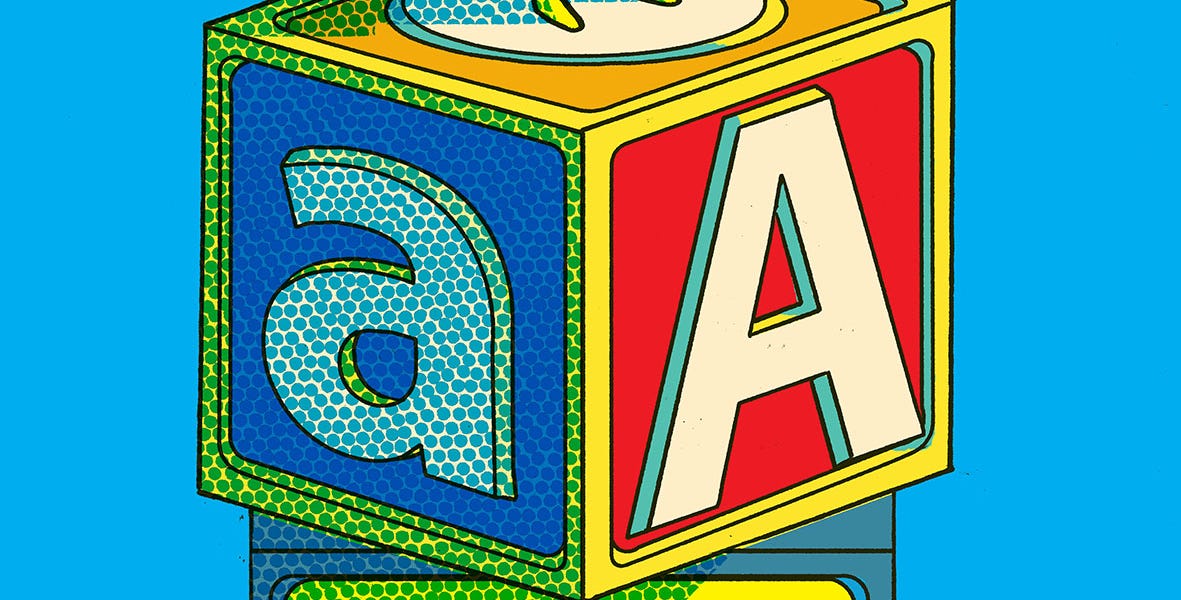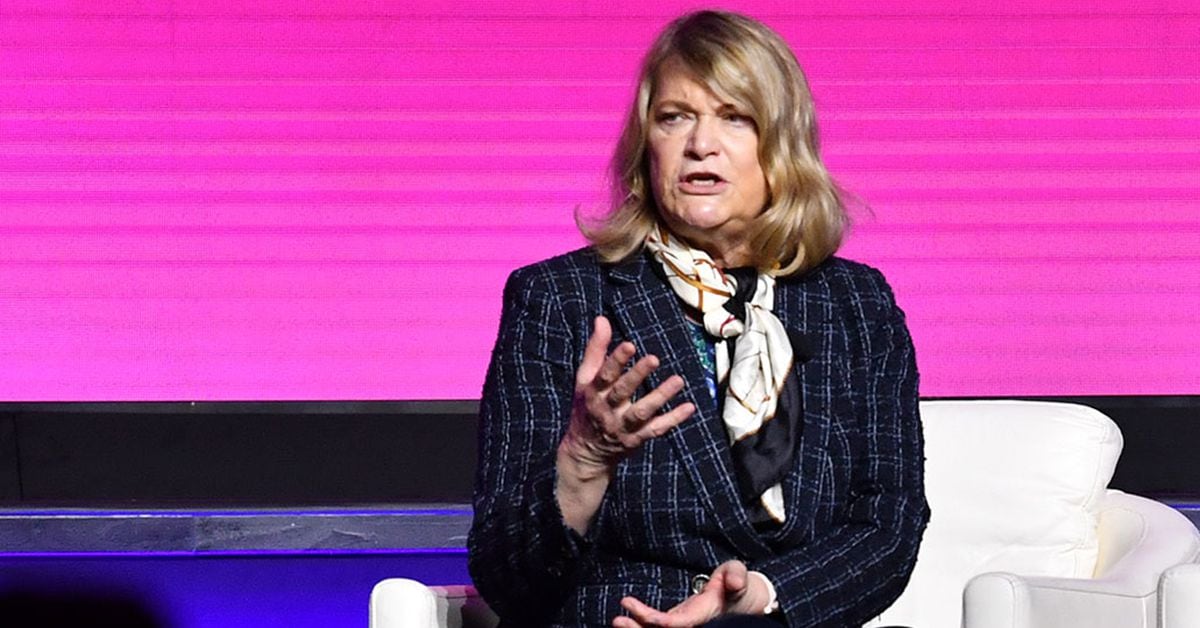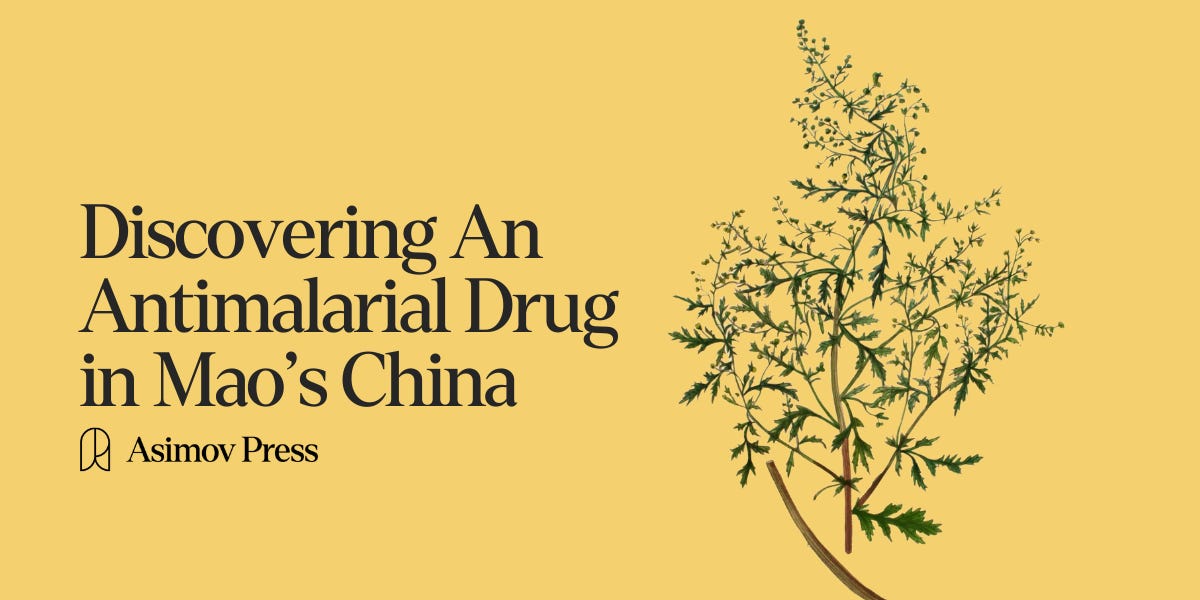
Carl Jung On Why We Must Learn To Accept Ourselves Before We Can Help Others
Carl Jung exhibited the sort of serene wisdom that is usually reserved for the reclusive-hermit-sage. Yet, he arrived at his personal “wholeness” not through the traditional route of Christian grace or Buddhist meditation, but through scientific and psychological means. Delving into his own troubled mind and reflecting on the neuroses of his patients, he arrived at an unsettling insight.
[H]e would not condemn the things in others and would therefore not be lead into those thoughts, feelings, and acts of violence towards others which are always characteristic of the people who project the devil in themselves upon the outside – upon somebody else – upon the scapegoat.
Whenever we refuse to accept our feelings and thoughts, however disturbing they might be, we experience psychological dissonance. Dissonance happens when our behavior does not match our self-image, or the image we think others might have of us. When we project our shadow onto others, we refuse ownership of ourselves, distancing ourselves from ourselves, losing ourselves in the process. This, according to Jung, is how neurosis finds a way to take over the psyche.
People forget that even doctors have moral scruples, and that certain patient’s confessions are hard even for a doctor to swallow. Yet the patient does not feel himself accepted unless the very worst in him is accepted too.







